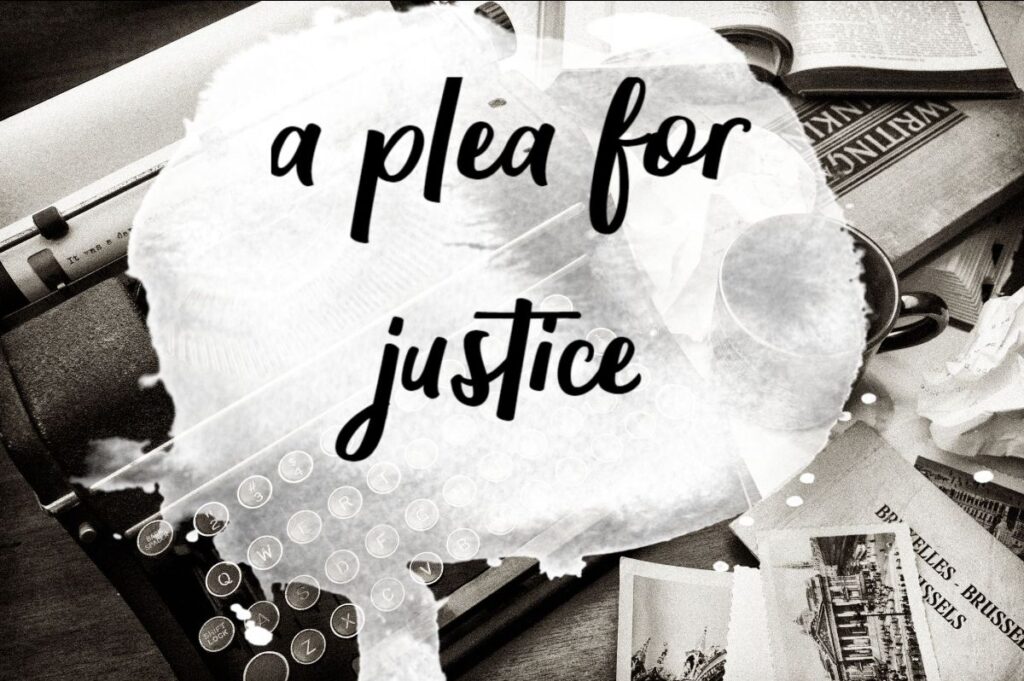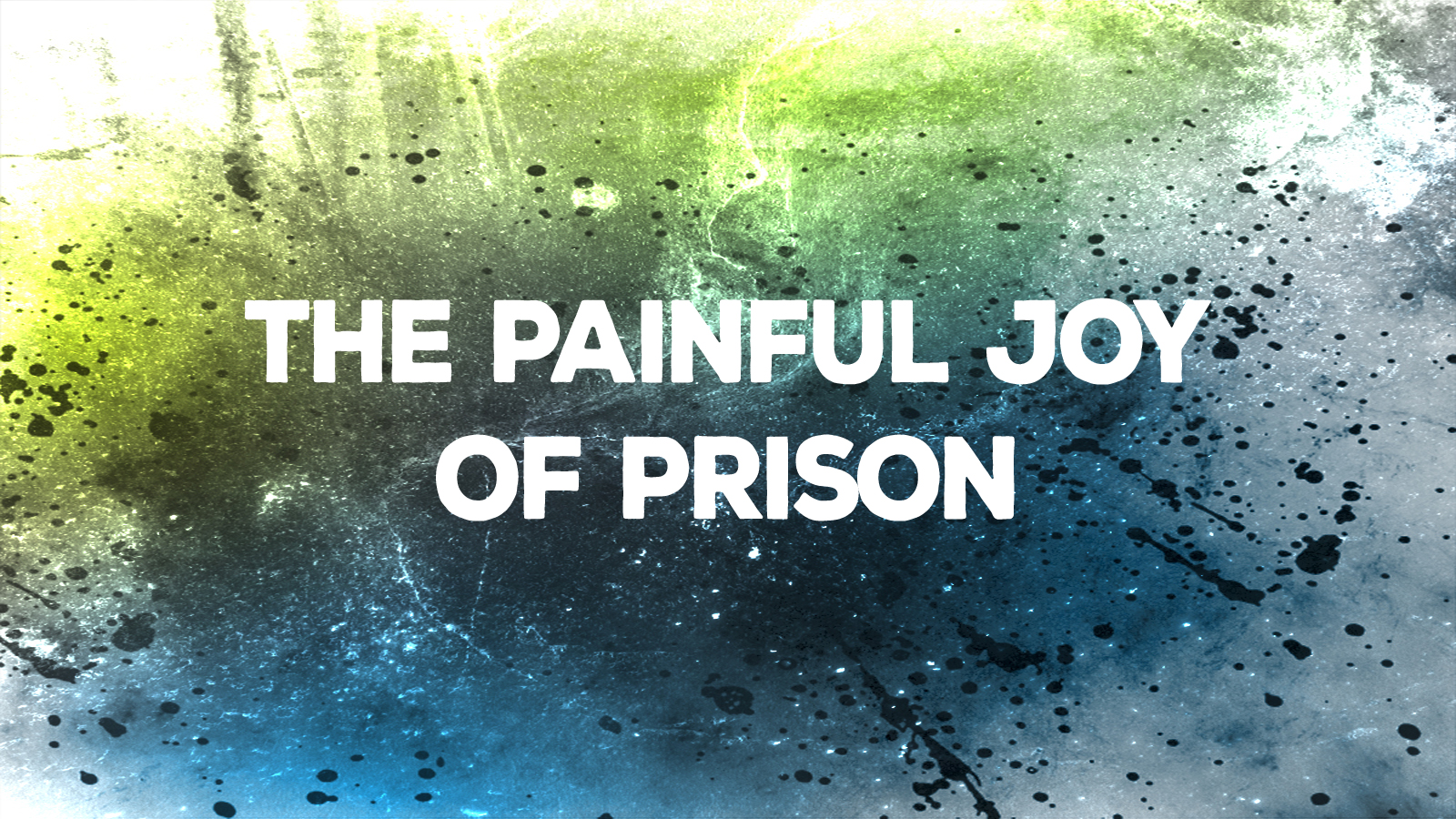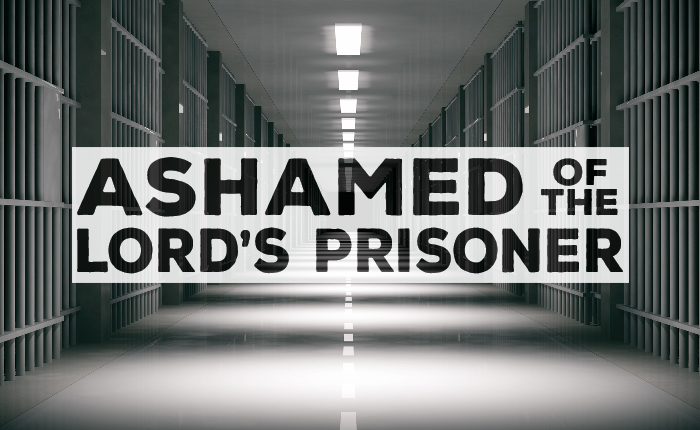
This letter is intended for the members of the legislature in Alberta. It is a plea for you to pursue justice in our province.
The Task Before You
Alberta’s more than 4 million citizens are represented by just 87 members of the legislative assembly. As such, you represent a large and diverse group of people and are entrusted with an important stewardship.
Your priority, higher than infrastructure, budgets, regulations, and public services is to protect the rights of the people in your constituency. The highest laws of our federation and our province are laws protecting the rights of the citizenry, especially the minority who are most likely to be oppressed by the majority. These laws are in keeping with sacred Scripture and form the foundation of Western society.
The Plea
My plea is that you would uphold our highest laws and defend the rights of people who are being discriminated and oppressed. Vaccine mandates are destroying lives and livelihoods. As a pastor, I’ve never experienced such a time of widespread hardship that has befallen the people as in these days. I know many who are unable to complete their degree or begin their education at a place of higher learning. I know people on unpaid leave, scrambling to provide for their family. I know people who are in a state of uncertainty as their career rests upon the whims of a small committee at their workplace. Our church has received cries for help from more than a thousand people suffering under these measures with nowhere to turn for relief.
These are people who love their jobs, who work hard, who have a bright future, who are law abiding citizens but who have deep convictions concerning this medical treatment that is being forced upon them with much coercion. Since when is someone’s livelihood a lever of the government to pressure a medical choice against their will? Is this our beloved Alberta or China? I love these people. These are the people that I serve, pray for, and live life with. These people are my family and it grieves me to see them being discriminated against and made the scapegoats of society.
The Unvaccinated
You must know that these people have deep religious convictions. Informed consent for medical procedures is a Christian idea that can’t easily be dismissed. You must know that these people have medical concerns. The cost/benefit analysis of a medical procedure is best done by the people themselves and not a small group of bureaucrats in Edmonton or a task force in the workplace. You must know that many have already had COVID and know what we all know—natural immunity is much better than the vaccine.
So why should so many lose their jobs or be unable to go to university? Is banning the unvaccinated and relegating them to a unprivileged status in our province going to reduce transmission? The largest spike of COVID cases and hospitalizations occurred when 75% of eligible Albertans were vaccinated. Shouldn’t we have seen a least some reduction in cases? From the start, vaccines were not touted on reducing transmission, although that outcome was hoped for. We lacked data on the transmissibility of COVID-19 in vaccinated people but legislated mandates as if it didn’t happen. But recently, Teresa Tam admitted what other censored doctors have been saying for months. The vaccinated can still get the virus and even have high viral loads with little or no symptoms. This sounds like a perfect storm for rapid transmission of a serious and contagious disease. Could this be the explanation of why our worst COVID spike was when the majority of people were vaccinated? Does not the admission of Dr. Tam make vaccine mandates for school, work or travel completely ineffective and be rescinded immediately?
Conclusion
We cannot eliminate all risks in life. Yet this seems to be the goal when politicians, bureaucrats, and business executives are discriminating against the unvaccinated as if they are a danger to society. Since they are the minority, they can be bullied and removed from society. Reaching full vaccination (an impossibility) or locking up all the unvaccinated will still not stop this virus from spreading or reduce the risk down to zero. Your efforts to do this find you in violation of the most fundamental laws of our country and province. But most importantly, your efforts find you destroying the lives of hardworking, honest Albertans who you have sworn an oath to protect.
Alberta could have been a leader—and still can be—of a government that respects the rights of its citizens and defends the minority, underprivileged, and oppressed. I guarantee that this province would be a haven for all Canadians who would flock here for work, school, and opportunities to flourish in freedom.
Please have a heart for the people being oppressed by rules that won’t stop the spread of COVID. Outlaw any requirements for businesses or institutions that impose such discriminatory mandates. Haven’t we learned anything about segregation and prejudice in the recent past?
Postscript
The foundation for a just and free society has been neglected. Unless we repent and turn to the only true God and heed his wisdom and law from his word, we will continue to see discrimination, prejudice, immorality, and bloodshed flourish in our land (Hosea 4:1–6). Rulers are called of God to be a terror to the wicked, not the righteous (Romans 13:1–5). You will stand before God to give an account (Hebrews 9:27). Know that there is forgiveness and peace with God through the Lord Jesus Christ (Romans 5:1). My desire for you is that you would know the peace and joy of knowing God—this can only be found in Jesus Christ, our Savior and King.
Tim Stephens






